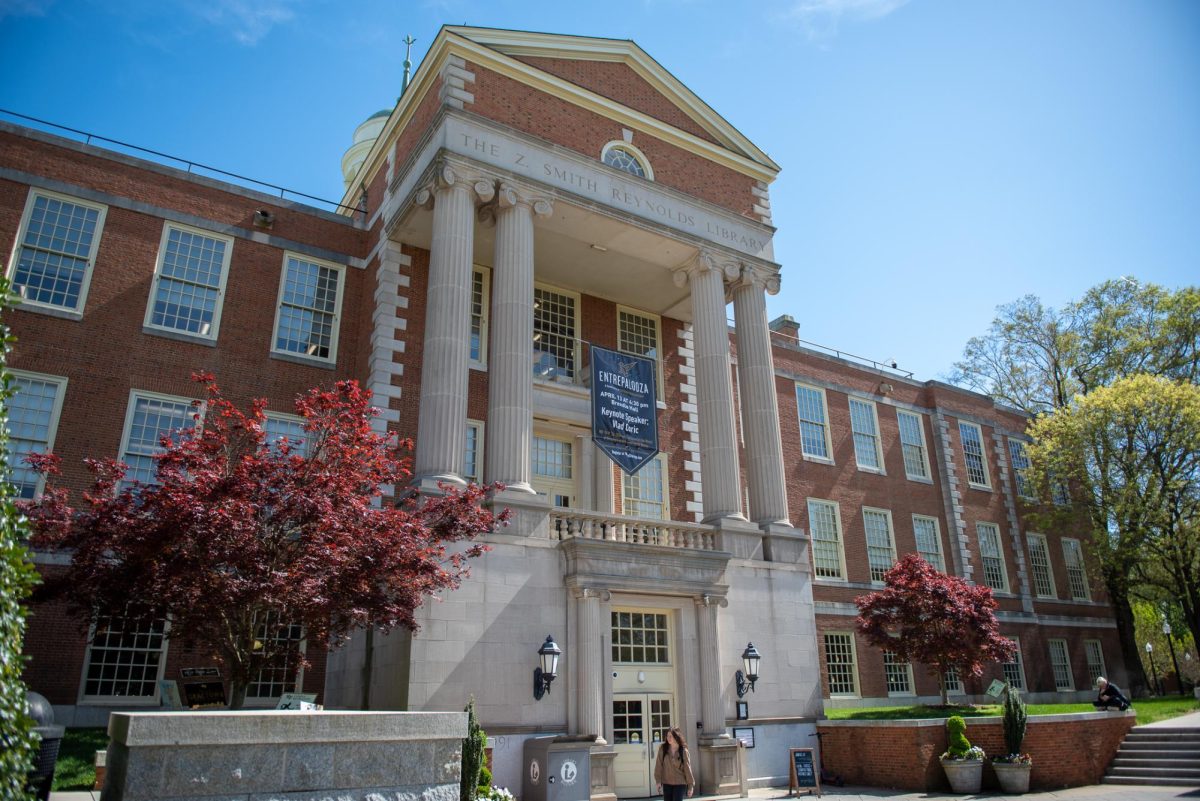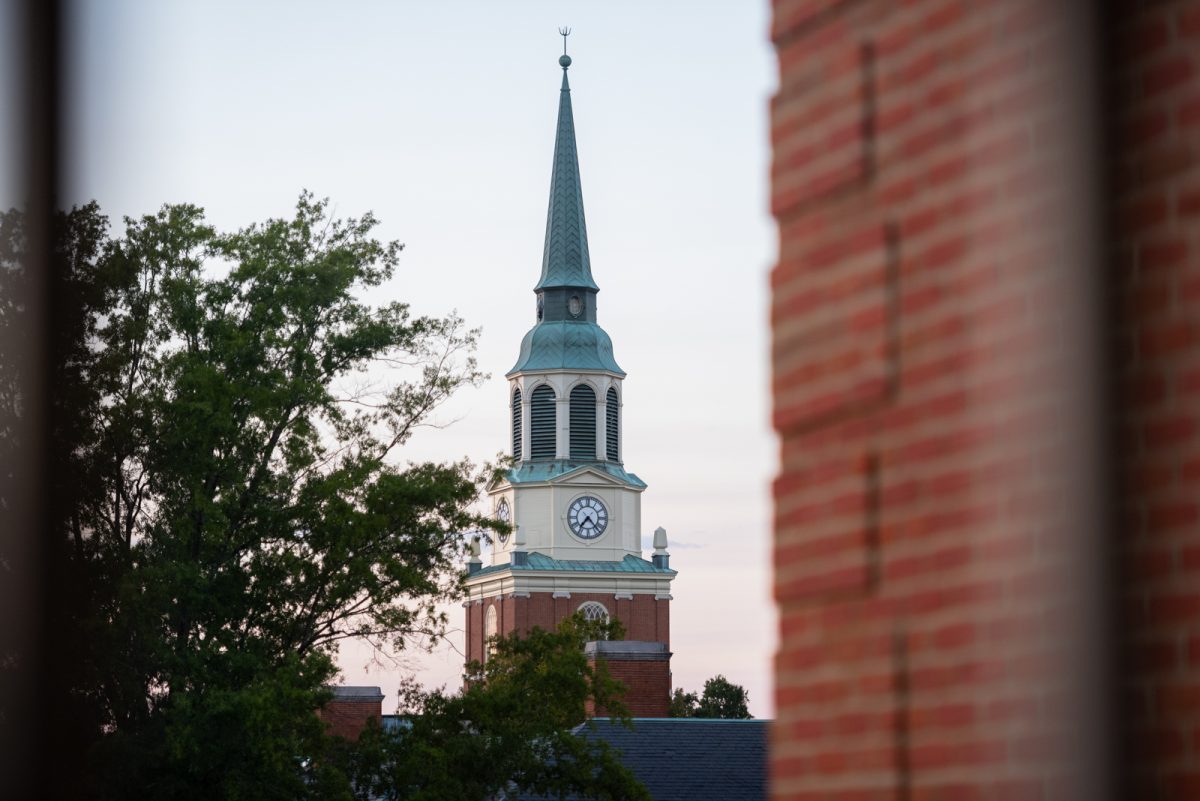Wake Forest Student Government unanimously passed Senate Resolution 4 (S.R.4) on Tuesday, Nov. 14, requesting that academic buildings be open to students for 24 hours a day between Dec. 3 and Dec. 10.
The resolution was introduced by Speaker of the House Michael Wash, Physical Planning Committee Co-chairs Mason Zamboldi and Wyatt Strassmann, and Senator Sydney Cockerham.
Student government resolutions are non-binding, so administrators must follow their recommendations if they are to have their intended effect. The Physical Planning committee is slated to meet with administrators this week, and they’re “optimistic about getting a version of the resolution implemented.” If its recommendations are followed by administrators, the resolution will open non-classroom spaces of Greene, Carswell, Kirby, Manchester Halls, and the Scales Fine Arts Center in a pilot program in collaboration with the Office of the Dean of the College. Students normally have access to academic buildings until 11p.m.
“We want to increase student access to space they already have,” Cockerham said.
Student Government also resolved to publicize study space availability during finals week, and the Physical Planning Committee will make future recommendations according to their assessment of the program’s success.
The Physical Planning Committee conducted a Study Space Survey in October, which found that 89 percent of respondents were unsatisfied with the current study spaces available on the Reynolda campus. Additionally, 40 percent of respondents identified that academic common areas are the most common places they study, and 85 percent study past 11 p.m. during finals and midterm weeks.
Strassman stressed the importance of feedback and mentioned, “[The survey] helped us confirm what we already thought.”
S.R.4 is written to address student needs on campus. The pilot program is not to affect safety issues adversely; the focus is solely on common space.
— Wyatt Strassmann
“I love studying in common areas, and according to the survey, plenty of others feel the same way. Nothing is more frustrating than when the library is full, and there is no place else to go besides your room,” Zamboldi said when asked about why implementation of this program is essential to him.
Their findings highlight a significant gap in study space availability, especially during late hours. Implementing S.R.4 is expected to bridge this gap, offering students more options and flexibility in their study habits.
“We’d like to spread out demand across campus to benefit all students and increase overall space, so students are able to find places and times to study comfortably,” Zamboldi said.
The resolution authors acknowledged the need for flexibility while coordinating with university administrators to address logistical and safety concerns. Buildings usually require staff and security for various reasons, primarily to prevent and respond to emergencies. Besides that, liability issues could arise if students sustain injuries in the building during hours when staff is limited. To ensure these concerns are thought through, the bill authors have proposed a pilot program open to administrators’ suggestions and input. They hope this will help reach as close to ideal conditions as possible for students who are seeking study space.
“S.R.4 is written to address student needs on campus,” Strassmann said. “The pilot program is not to affect safety issues adversely; the focus is solely on common space.”
Ensuring students are aware of this new provision is paramount to the bill authors, and Student Government plans to publicize the program through their weekly digest and other avenues in coordination with university administrators. Assuming the logistics are sorted, the co-chairs are confident that they can work toward maximum usage.
As students anticipate the roll-out of this program, the bill authors hope that it will not only meet the immediate demand for more study spaces but also lay the groundwork for a more accommodating and student-friendly campus in the future.
“We’re optimistic that this program will be implemented and will increase student satisfaction,” Cockerham said.















